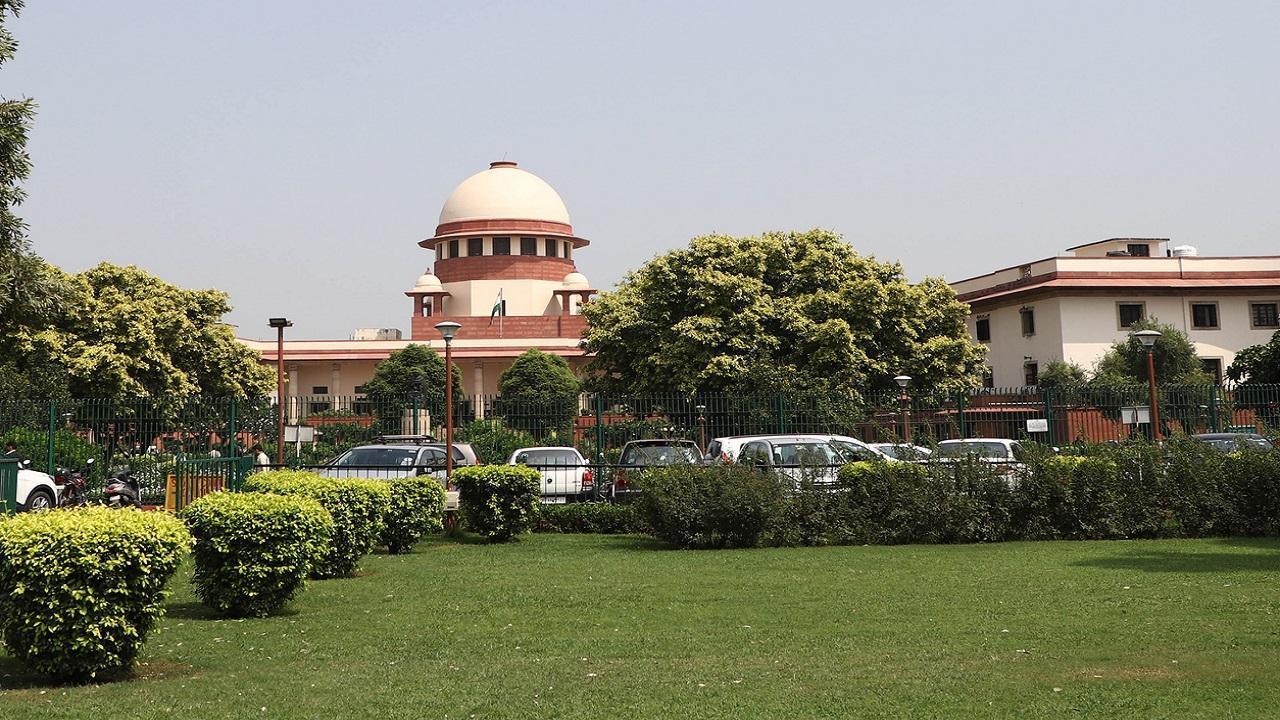A bench of Justices Sanjay Kishan Kaul and Hrishikesh Roy said if the investigating officer of a case does not believe that the accused will abscond or disobey the summons, he or she is not required to be produced before the court in custody

Supreme Court of India. File Pic
Merely because an arrest can be made as it is lawful does not mandate that it must be made, the Supreme Court has said, while observing that personal liberty is an important aspect of constitutional mandate.
ADVERTISEMENT
The apex court said if arrest is made routine, it could cause "incalculable harm" to the reputation and self-esteem of a person.
A bench of Justices Sanjay Kishan Kaul and Hrishikesh Roy said if the investigating officer of a case does not believe that the accused will abscond or disobey the summons, he or she is not required to be produced before the court in custody.
"We may note that personal liberty is an important aspect of our constitutional mandate. The occasion to arrest an accused during investigation arises when custodial investigation becomes necessary or it is a heinous crime or where there is a possibility of influencing the witnesses or accused may abscond," the bench said in its order passed earlier this week.
The top court passed the order while hearing a plea against the Allahabad High Court verdict which had dismissed an application seeking anticipatory bail in a case in which FIR was registered seven years ago.
The bench noted that contrary to the observations made in the apex court verdict of 1994 on how a police officer has to deal with a scenario of arrest, the trial courts are stated to be insisting on arrest as a pre-requisite formality to take charge sheet on record in view of provisions of section 170 of the Code of Criminal Procedure (CrPC).
Section 170 of the CrPC deals with cases to be sent to magistrate when evidence is sufficient.
Also Read: Speculations, reports in media on judges' appointment process very unfortunate: CJI NV Ramana
The top court said the word 'custody' appearing in section 170 of the CrPC does not contemplate either police or judicial custody but it merely connotes the presentation of accused by the investigating officer before the court while filing chargesheet.
It noted that section 170 of the CrPC does not impose an obligation on the officer-in-charge to arrest the accused at the time of filing of charge sheet.
"Merely because an arrest can be made because it is lawful does not mandate that arrest must be made," the bench said, adding, "If arrest is made routine, it can cause incalculable harm to the reputation and self-esteem of a person."
While setting aside the high court order, the bench noted that the petitioner had already joined the investigation before approaching the apex court and charge sheet was ready to be filed.
"If the investigating officer has no reason to believe that the accused will abscond or disobey summons and has, in fact, throughout cooperated with the investigation, we fail to appreciate why there should be a compulsion on the officer to arrest the accused," it said.
It referred to judgements delivered by high courts on the issue which said that criminal courts cannot refuse to accept a charge sheet simply because accused has not been arrested and produced before it.
"We are in agreement with the aforesaid view of the high courts and would like to give our imprimatur to the said judicial view," it said, adding, "We have, in fact, come across cases where the accused has cooperated with the investigation throughout and yet on the charge sheet being filed, non-bailable warrants have been issued for his production premised on the requirement that there is an obligation to arrest the accused and produce him before the court."
It noted that a distinction must be made between the existence of the power to arrest and the justification for exercising it.
Referring to the case before it, the bench said when the petitioner has joined the investigation which is complete and he has been roped in after seven years of lodging of FIR, there is no reason why at this stage he must be arrested before the charge sheet is taken on record.
This story has been sourced from a third party syndicated feed, agencies. Mid-day accepts no responsibility or liability for its dependability, trustworthiness, reliability and data of the text. Mid-day management/mid-day.com reserves the sole right to alter, delete or remove (without notice) the content in its absolute discretion for any reason whatsoever.
 Subscribe today by clicking the link and stay updated with the latest news!" Click here!
Subscribe today by clicking the link and stay updated with the latest news!" Click here!






